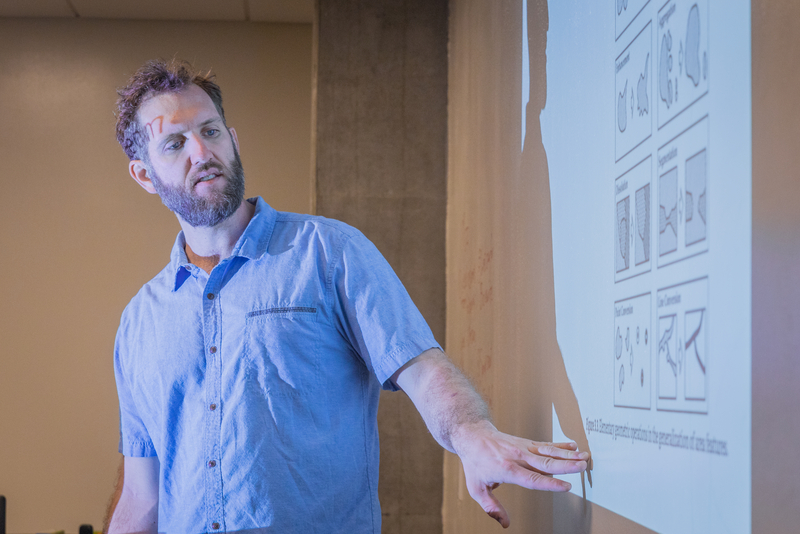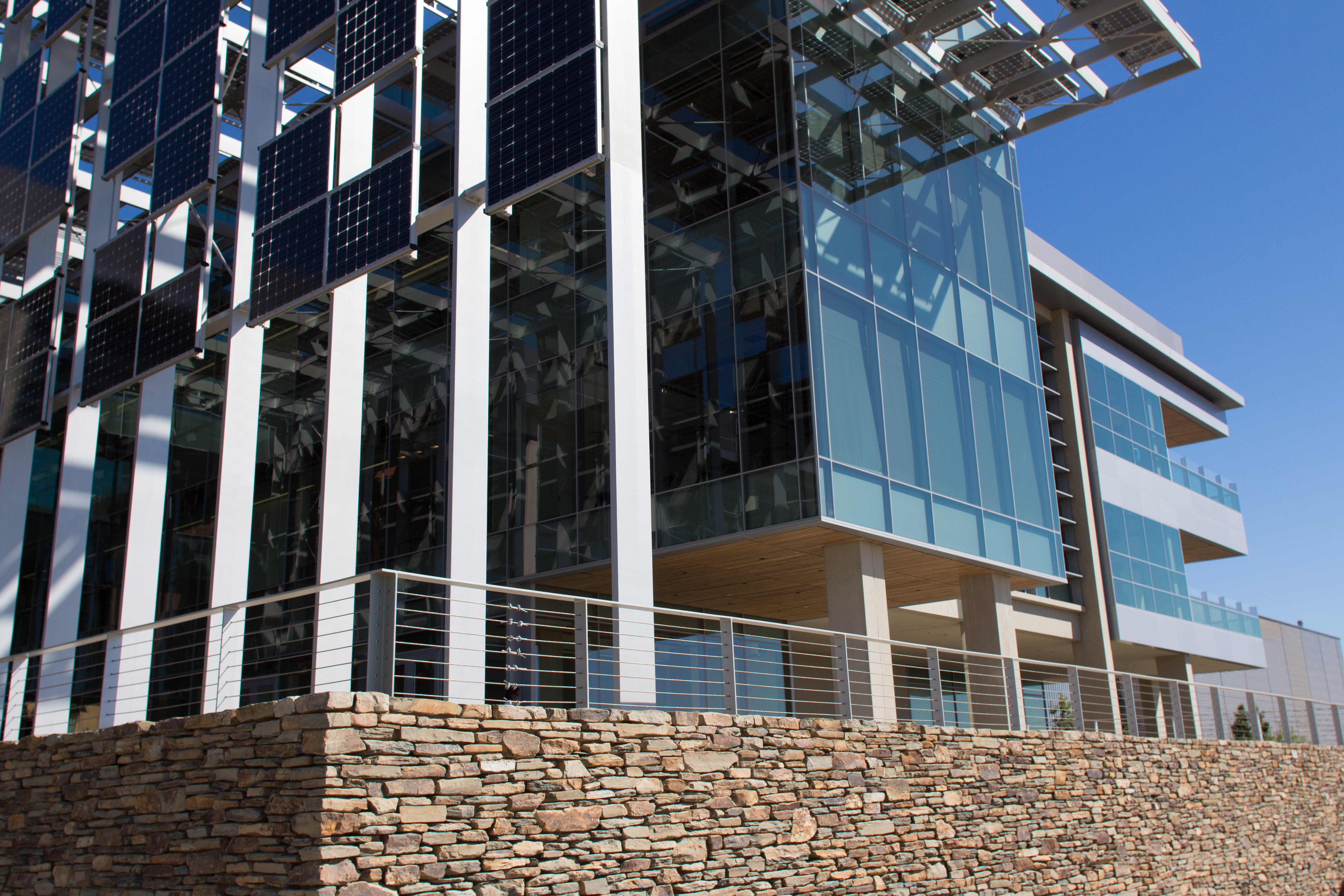Welcome to the Education Research Portal, here you will find resources that will help your success in receiving grant support, introduce you to education research, and browse through UC Merced research portfolio. As you move through these curated resources, materials, and examples, you may have questions or need further assistance. Please feel free to reach out to our pedagogical and technology consultants or email us directly.

New to Education Research?
We have all the tools and resources to get you started to expand the knowledge base about teaching and learning to improve educational practice.

Support for Education Grant Writing
Several support resources to assist instructors with grants for educational programs or with some education and outreach components.

Education Research Journal List
Here you will find a comprehensive list of journals that focus on publishing education research across many disciplines. Publish your work today!

Education Research Consultation
Need help with your education research? Connect with our pedagogical experts. Schedule an education research consultation with us today!




